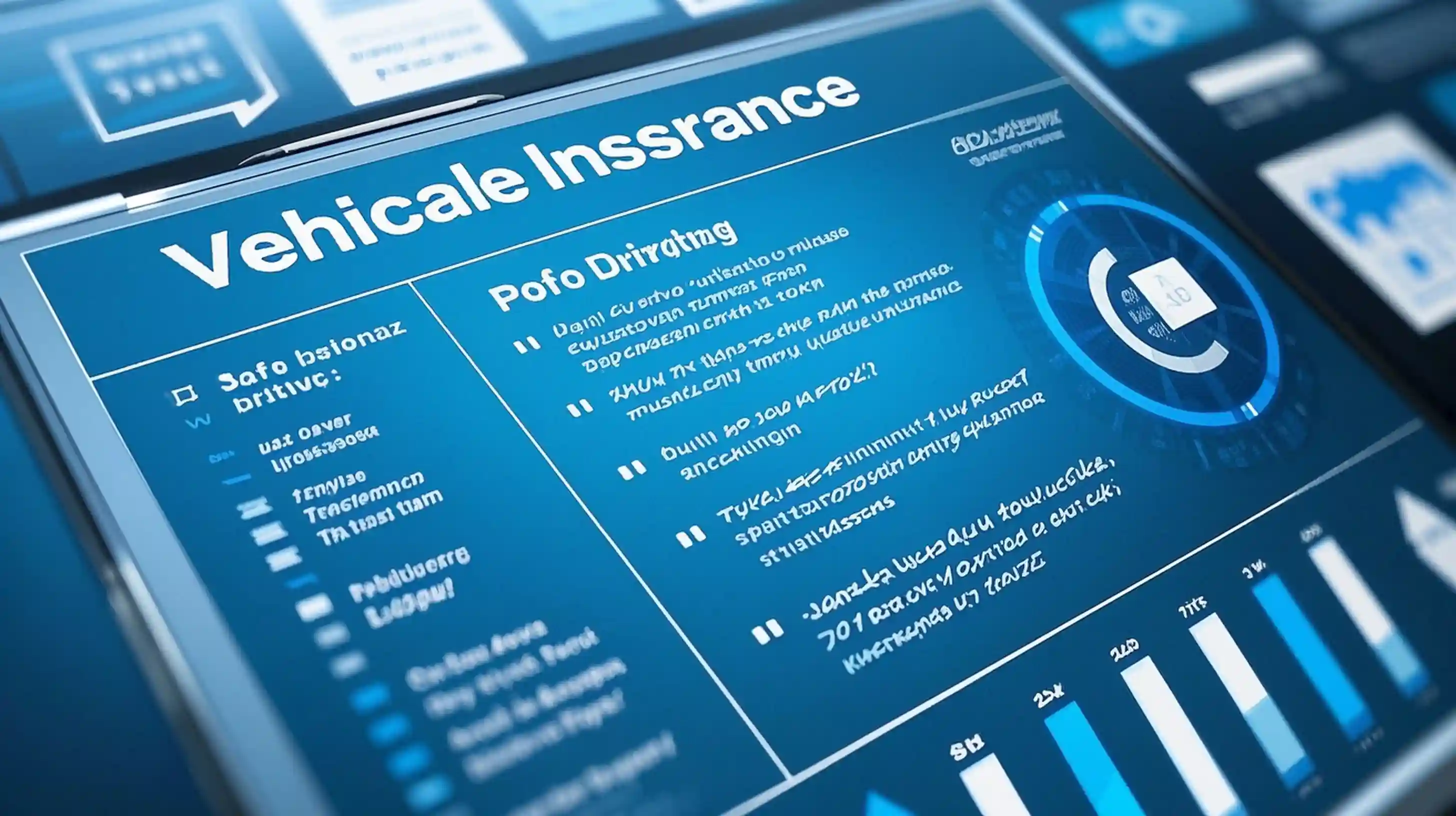
When it comes to purchasing vehicle insurance, there are numerous aspects that require careful consideration. Vehicle insurance is not only a legal requirement in many regions but also a crucial safeguard for vehicle owners against various risks on the road. This article will delve into some key precautions that one should take when buying vehicle insurance.
First and foremost, it is essential to understand the different types of vehicle insurance coverage available. The most basic form is liability insurance, which covers damages and injuries that you may cause to others in an accident. This type of insurance is mandatory in most states and countries. Liability insurance typically consists of two parts: bodily - injury liability and property - damage liability. Bodily - injury liability pays for the medical expenses, lost wages, and pain and suffering of the people injured in an accident you cause. Property - damage liability, on the other hand, covers the cost of repairing or replacing the other party's damaged property, such as their vehicle or a fence.
However, liability insurance only protects others. To protect your own vehicle, you may want to consider collision insurance and comprehensive insurance. Collision insurance covers the cost of repairing or replacing your vehicle if it collides with another vehicle or object. Comprehensive insurance, meanwhile, provides coverage for non - collision incidents, such as theft, vandalism, fire, and natural disasters.
Before making a decision on which coverage to choose, you need to assess your personal situation. If you own an older vehicle with a relatively low market value, it may not be cost - effective to purchase collision and comprehensive insurance. The premiums for these coverages can be quite high, and in some cases, the cost of the insurance may be close to or even exceed the value of the vehicle. In such situations, it might be more reasonable to rely solely on liability insurance.
Another important factor to consider is the deductible. A deductible is the amount of money you must pay out of pocket before your insurance company starts to cover the costs. Generally, a higher deductible means lower insurance premiums. If you are a cautious driver with a good driving record and are willing to take on more financial risk in the event of an accident, choosing a higher deductible can save you a significant amount of money on your premiums over time. However, you need to ensure that you have enough savings to cover the deductible if an accident occurs.
When shopping for vehicle insurance, it is crucial to compare quotes from multiple insurance companies. Insurance rates can vary significantly from one provider to another, so taking the time to shop around can potentially save you hundreds of dollars each year. You can obtain quotes online, over the phone, or through an insurance agent. When comparing quotes, make sure that you are comparing the same coverage levels and deductibles. Otherwise, you may end up with an inaccurate comparison.
In addition to price, you should also consider the reputation and financial stability of the insurance company. You can research an insurance company's financial strength by checking ratings from independent rating agencies such as A.M. Best, Standard & Poor's, and Moody's. A company with a high rating is more likely to be able to pay out claims promptly and efficiently. You can also read customer reviews and testimonials to get an idea of the company's customer service and claims - handling process. A company with a good reputation for handling claims fairly and quickly is more likely to provide a satisfactory experience in the event of an accident.
Furthermore, it is important to disclose all relevant information accurately when applying for vehicle insurance. This includes details about your driving history, the make and model of your vehicle, how often you use the vehicle, and where you park it. Providing false or incomplete information can lead to your policy being voided or your claim being denied. Insurance companies use this information to assess the risk associated with insuring you, and any misrepresentation can have serious consequences.
Some insurance companies offer various discounts that can help you save money on your premiums. Common discounts include multi - policy discounts (if you have other insurance policies, such as home insurance, with the same company), good - driver discounts (for drivers with a clean driving record), low - mileage discounts (if you drive fewer miles per year), and safety - feature discounts (for vehicles equipped with safety features like anti - lock brakes, airbags, and anti - theft devices). Be sure to ask your insurance agent about all the available discounts and take advantage of them.
Finally, it is advisable to review your vehicle insurance policy regularly. Your circumstances may change over time, such as getting a new vehicle, moving to a different area, or changing your driving habits. These changes can affect your insurance needs and the premiums you pay. By reviewing your policy annually, you can ensure that you have the appropriate coverage at the best possible price.
In conclusion, purchasing vehicle insurance requires careful thought and research. By understanding the different types of coverage, assessing your personal situation, comparing quotes, considering the reputation of the insurance company, providing accurate information, taking advantage of discounts, and reviewing your policy regularly, you can make an informed decision and get the best vehicle insurance for your needs. This will not only protect you financially in the event of an accident but also give you peace of mind while on the road.